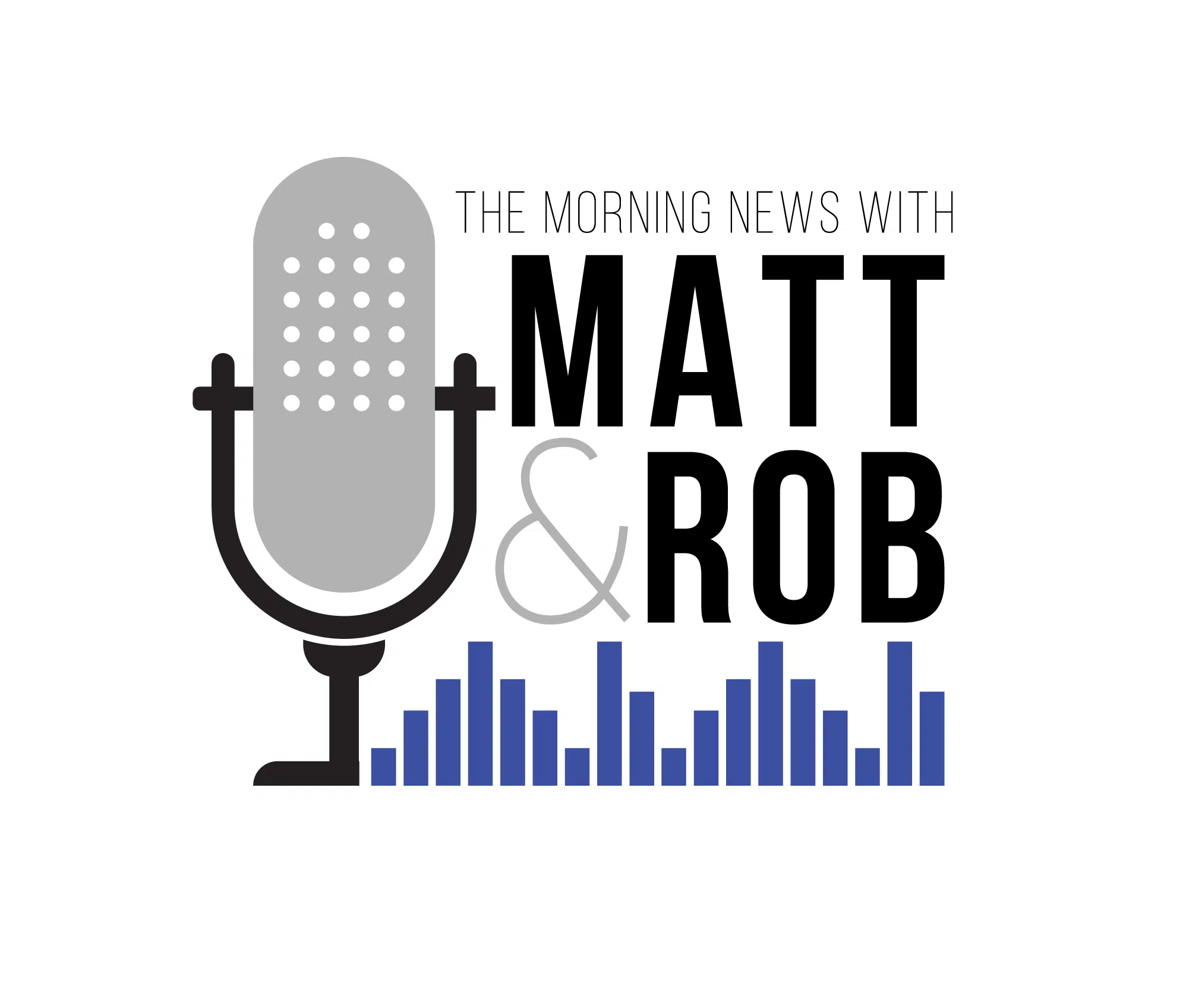(Reuters) – Here’s what you need to know about the coronavirus right now:
Two-thirds of world leaders return to U.N. in person
As the coronavirus still rages amid an inequitable vaccine rollout, only about a third of the 193 U.N. states are planning to again send videos. The United States tried to dissuade leaders from coming to New York in a bid to stop the U.N. General Assembly from becoming a “super-spreader event.”
A so-called U.N. honor system means that anyone entering the assembly hall effectively declares they are vaccinated, but they do not have to show proof. New York City has set up a van outside the United Nations for the week to supply free testing and free shots of the single-dose Johnson & Johnson vaccine.
Key data on U.S. J&J, Moderna boosters weeks away, Fauci says
Data needed to determine the advisability of booster shots of the Moderna Inc and Johnson & Johnson COVID-19 vaccines is just weeks away, President Joe Biden’s chief medical adviser, Dr. Anthony Fauci, said on Sunday.
Health officials signaled they expected boosters would ultimately be recommended for a broad swath of the population, but urged Americans not to seek booster doses until they have FDA approval.
U.S. FDA advisers recommend boosters for 65 and above
Advisers to the U.S. Food and Drug Administration voted on Friday to recommend COVID-19 vaccine booster shots for Americans 65 and older and those at high risk of severe illness, after overwhelmingly rejecting a call for broader approval.
The panelists suggested the evidence supporting broad approval was inadequate, and they wanted to see more safety data, especially concerning the risk of heart inflammation in younger people after vaccination.
Cambodia bat researchers on mission to track COVID-19 origin
Researchers are collecting samples from bats in northern Cambodia in a bid to understand the coronavirus pandemic, returning to a region where a very similar virus was found in the animals a decade ago.
Two samples from horseshoe bats were collected in 2010 in Stung Treng province near Laos and kept in freezers at the Institut Pasteur du Cambodge (IPC) in Phnom Penh. Tests done on them last year revealed a close relative to the coronavirus that has killed more than 4.6 million people worldwide.
Dr. Veasna Duong, head of virology at the IPC, said humans were responsible for the devastation caused by COVID-19, due to interference and destruction of natural habitats.
Some U.S. hospitals forced to ration care
Surges in coronavirus cases in several U.S. states this week, along with staffing and equipment shortages, are exacting a mounting toll on hospitals and their workers even as the number of new admissions nationwide ebbs, leading to warnings at some facilities that care would be rationed.
In Alaska, the influx is so heavy that the state’s largest hospital is no longer able to provide life-saving care to every patient who needs it due to the influx of COVID-19 hospitalizations, according to an open letter from the medical executive committee of Providence Alaska Medical Center this week.
(Compiled by Karishma Singh; Editing by Sherry Jacob-Phillips)




